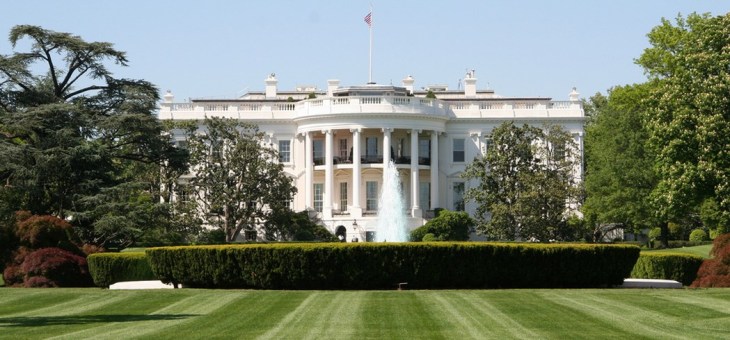Following yesterday’s fresh revelations of the NSA program XKeyscore, which can pull up the content of email with the simple input of an address and date range, the White House used its podium today to slap Russia and label leaker Edward Snowden as neither a “dissident” or a “whistleblower.”
Russia has granted Snowden one year of asylum, finally ending the legal circus that trapped him in an airport for five weeks. That goat rodeo is over. Through Press Secretary Jay Carney, the White House was not hard to parse in its response to the decision, calling the move “extremely disappointing” and viewing Snowden as a felon that should be returned home for castigation. When do we simply point a finger and laugh?
This matters, as it underscores the current administration’s continued view of what constitutes whistleblowing or dissent. By fair estimate, Snowden’s actions fall under the rubric of either term. In fact, he manages to embody both at once: He used information to blow the whistle on government action that he considered to be a misdeed, and he acted out a firm act of dissent. Regardless of your view of Snowden and his actions, this cannot be denied.
What Snowden revealed about the NSA and its various programs have made liars out of many in the highest levels of our government repeatedly. It has sparked international dialogue on data surveillance and forced the NSA itself to explain itself. It has raised the profile of personal privacy to its proper place: as key to a free society.
What I must point out is the incredible mendacity and bad faith that the federal government has consistently employed to obfuscate and lie to the electorate. To put this into perspective, here’s TechCrunch yesterday on the XKeyscore program that is the most recent revelation via Edward Snowden’s leaked information:
Further leaks have revealed an NSA project called XKeyscore that, with a few keystrokes, can give a data analyst access to nearly everything a user does on the Internet – from chat sessions to email to browsing habits. […]
The system is available to NSA analysts and can be accessed without a warrant. According to training manuals produced in 2010, the system requires analysts to request data on certain individuals. The system then scans traffic beginning and terminating in the United States using keyword searches. The system can also search Facebook comments, as well as other social media data.
The NSA responded to the leak with something so frail that you wonder if its original progenitor felt dirty penning the words: “Allegations of widespread, unchecked analyst access to NSA collection data are simply not true. Access to XKeyscore, as well as all of NSA’s analytic tools, is limited to only those personnel who require access for their assigned tasks.” Well then. I feel fine.
Either we have a right to digital privacy as a component to our larger right to personal privacy, or we do not. It’s my estimation that we do. This is the precise discussion we need to have. And thanks to the dissenting whistleblower Snowden, we are having it.
Sorry, Carney, but you’re off base on this one.
Top Image Credit: Mark Skrobola
